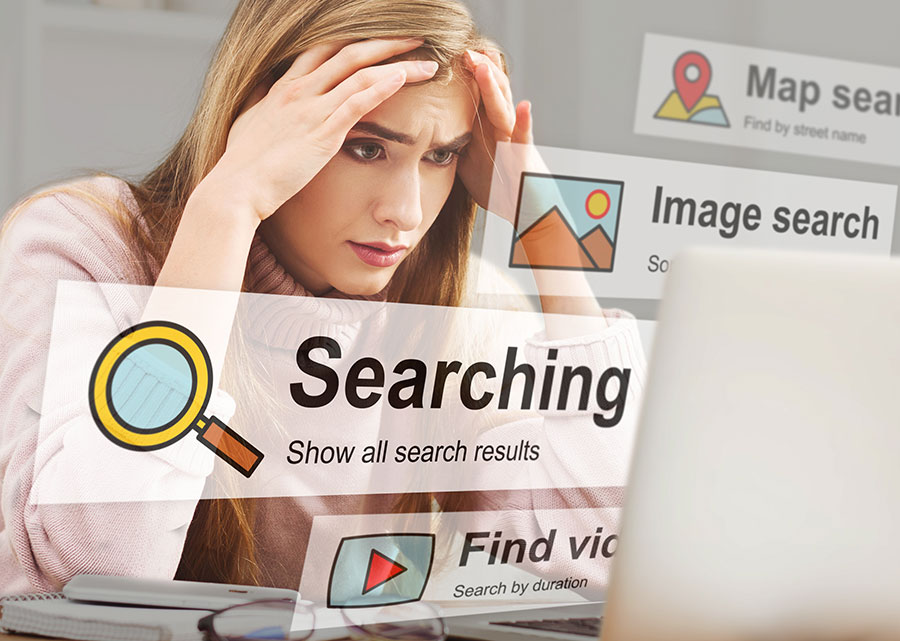“What Hath God Wrought.”
That was the first telegraphed message, sent on May 24, 1844. It traveled 50 whole miles—from the United States’ Capitol all the way to Baltimore.
Before Samuel Morse’s landmark invention, news and information moved at the speed of a horse, a train, or a ship. With the introduction of the telegraph, information could circle the world in a flash.
In time, innovators gave us the telephone, radio, and television. Now, of course, we have the Internet.
Meaning: In less than 200 years, we’ve gone from information-starved to information-satiated!
Our culture is gorging itself on information. Yet wisdom has never been in shorter supply.
I’m not arguing here that information technology is inherently bad; I am saying it’s powerful. And powerful things used carelessly can be dangerous.
In my work, I see information—especially financial information—used carelessly all the time.
Given that reality, here are four questions you should ask all that information that comes flying at you daily:
Is this Noise? When I visit my daughter who lives in New York City, I’m overwhelmed by all the sounds—sirens, construction, deliveries, traffic, talking, yelling, laughing. She doesn’t “hear” any of it anymore. It has become the background noise of her life.
That’s what information is for most of us now. There’s too much, and it comes so constantly, we no longer “hear it.” The television is always on in our homes. The radio is never off in our cars. We are online at work…with earbuds in. We are constantly checking our smart phones.
Growing evidence suggests this avalanche of information is doing us more harm than good.
Is this News? Not all news has equal relevance to our lives. Unfortunately, if we’re not careful, we can treat it all as equally important. We start multitasking. We do research on a big proposal for a big client, even as we listen to a podcast, check our social media feed, and read about the North Louisiana Bagels for Beagles fundraiser!
Is this Necessary? Information that’s both relevant and prioritized could be called “necessary.” These are the important details you need to focus on if you want your life to stay on track.
However, this question prompts another: “Do you even know what’s most important to you?”
One reason you may not is that when you’re in information overload, quality time gets squeezed out. You’re so busy sorting through the daily deluge of facts and data, you don’t have time to invest in quality thinking, reflecting, or planning.
Is this Nourishing? In 1776, Thomas Paine wrote a 47-page pamphlet making a compelling case for colonial independence. Common Sense quickly sold 500,000 copies. That means 20% of the colonial population devoured this influential treatise!
But according to the National Assessment of Adult Literacy (NAAL), only 13% of adults today would be able to read and appreciate Paine’s pamphlet.
Though we are seated at a nonstop banquet of information, most of us are starving for that which will truly nourish our minds and souls.
We need to be discriminating curators, not undiscerning collectors of information. The former will help us grow; the latter will stunt our growth. The trick is figuring out what information to let in.
I encourage you to use these four questions to sort through the tidal wave of financial information that comes your way daily. Most of the financial failure I see isn’t due to a lack of available information. It’s due to a lack of wisdom in curating and applying that information.
To help you think more wisely about your finances, I’ve created a comprehensive checklist of pre-retirement questions for people who are 60-something. It’s free if you’d like a copy. Email me at bmoore@argentadvisors.com, and I’ll send it to you right away.
Argent Advisors, Inc. is an SEC-registered investment adviser. A copy of our current written disclosure statement discussing our advisory services and fees is available upon request. Please See Important Disclosure Information here.

